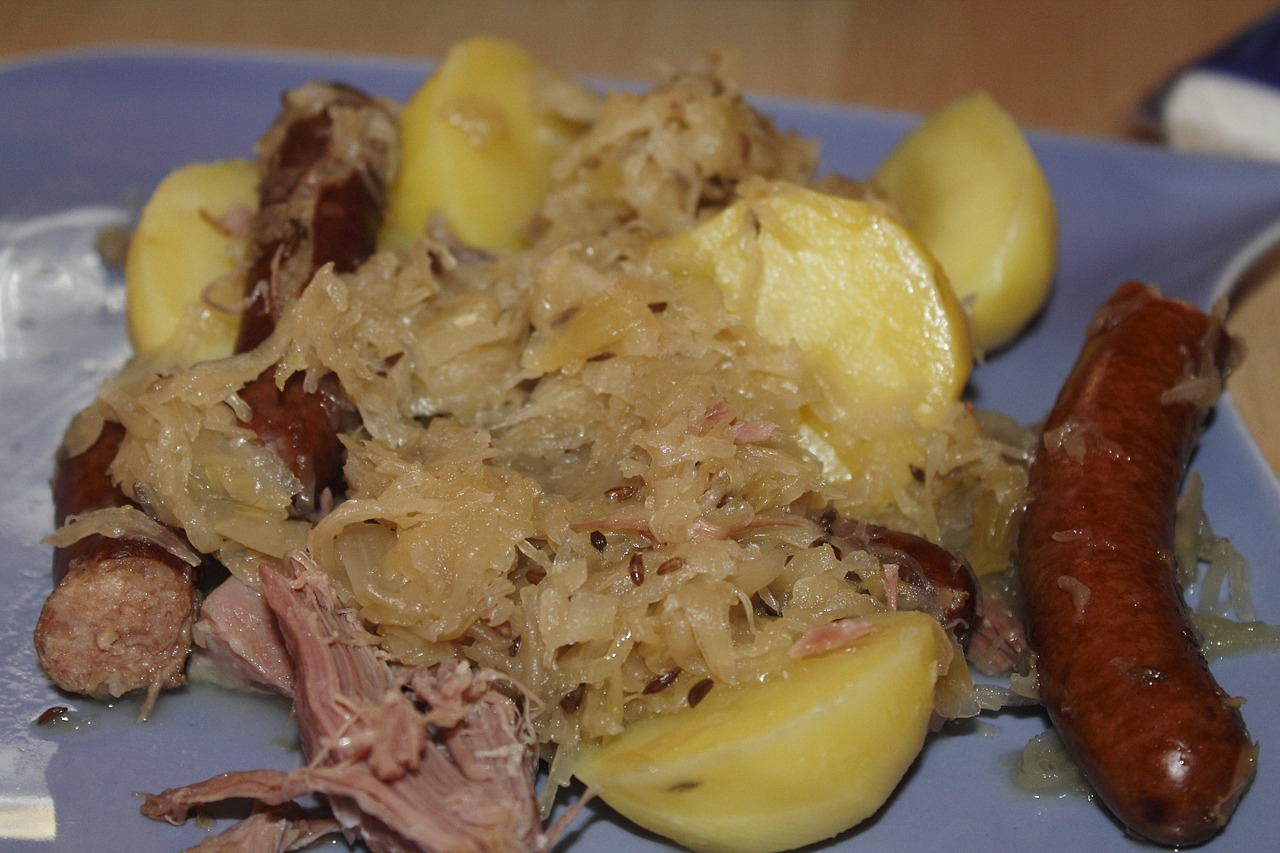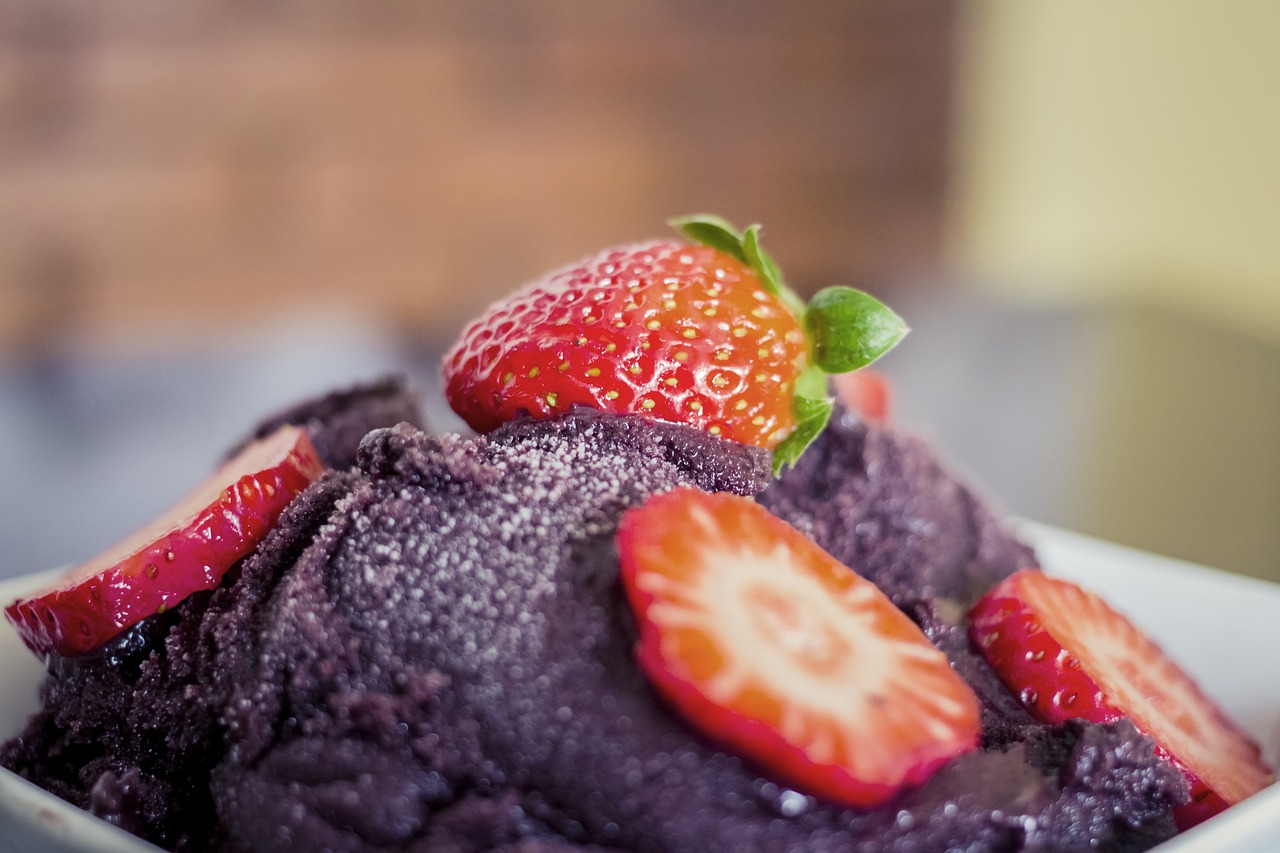Introduction:
German Sauerbraten is a traditional and delicious dish that originated in Germany. This flavorful pot roast is marinated in a combination of vinegar, spices, and other seasonings to create a tender and tangy meat dish that is sure to impress your taste buds. In this post, we will explore the history and origin of the German Sauerbraten recipe, provide a detailed list of ingredients and preparation steps, offer serving suggestions, and even delve into the nutritional benefits of this savory dish.
Origin and History Of This Recipe:
German Sauerbraten has a rich history that dates back to medieval times. The word “Sauerbraten” translates to “sour roast” in German, referring to the marinating process that gives this dish its unique flavor profile. This traditional German dish was originally created as a way to preserve and tenderize tougher cuts of meat by marinating them in a mixture of vinegar and spices for several days. Over time, the recipe evolved to include additional ingredients such as onions, carrots, and bay leaves, resulting in the savory and complex flavors we know today.
Things To Expect In This Post Article:
In this post, we will cover the following aspects of the German Sauerbraten recipe:
- Detailed list of ingredients
- Step-by-step preparation instructions
- Cooking time & servings information
- Personal anecdotes and insights
- Nutritional information per serving
- Health conditions and people to avoid
- Nutritional benefits to the body
- Disadvantages of certain nutrients
- Tips and tricks for making the dish better
- Equipment needed for preparation
- Variations or substitutions
- Serving suggestions
- Storage and reheating instructions
- Frequently asked questions
Ingredients List:
- 3-4 lbs beef roast (such as bottom round or chuck)
- 1 cup red wine vinegar
- 1 cup beef broth
- 1 large onion, sliced
- 2 carrots, chopped
- 2 bay leaves
- 10 whole cloves
- 1 tsp black peppercorns
- 1 tsp mustard seeds
- 1/2 cup brown sugar
- Salt and pepper to taste
Preparation Steps:
- In a large bowl, combine the red wine vinegar, beef broth, sliced onion, chopped carrots, bay leaves, cloves, peppercorns, mustard seeds, and brown sugar. Mix well.
- Place the beef roast in a resealable plastic bag or a large container and pour the marinade over the meat. Seal or cover and refrigerate for at least 2-3 days, turning the meat occasionally.
- Remove the meat from the marinade and pat dry with paper towels. Season with salt and pepper.
- In a large Dutch oven or roasting pan, sear the meat on all sides over high heat until browned.
- Pour the marinade over the meat and bring to a simmer. Cover and cook in the oven at 325°F for 3-4 hours, until the meat is tender.
- Remove the meat from the pot and let it rest before slicing thinly. Serve with the cooking liquid as a sauce.
Cooking Time & Servings:
Preparation time: 20 minutes
Marinating time: 2-3 days
Cooking time: 3-4 hours
Servings: 6-8
Personal Touch:
Growing up in a German household, I have fond memories of my grandmother preparing Sauerbraten for special family gatherings. The tangy aroma of the marinade filling the kitchen and the savory meat melting in your mouth are memories that I cherish to this day. This dish holds a special place in my heart, and I hope it brings joy to your family as well.
Nutritional Information:
Per serving:
Calories: 350
Fat: 15g
Carbohydrates: 20g
Protein: 30g
Sodium: 500mg
Fiber: 2g
Health Conditions And People To Avoid This:
- Individuals with a sensitivity to vinegar or acidic foods
- Those with GERD or acid reflux
- People with digestive issues such as IBS or Crohn’s disease
- Pregnant women (due to the alcohol content in the marinade)
Nutrition and Benefits To The Body:
- Protein: essential for muscle growth and repair
- Iron: important for oxygen transport in the blood
- Vitamin C: boosts immune system function
- Fiber: aids in digestion and satiety
Disadvantages:
- Excessive consumption of red wine vinegar may lead to tooth enamel erosion
- High sodium content in the marinade can be harmful to those with hypertension
- Brown sugar contributes to increased calorie and sugar intake
Eating moderately is perfectly fine, but acquiring excess of these nutrients is harmful.
Tips and Tricks:
- For a more tender roast, marinate the meat for 3-4 days
- Add a splash of red wine to the marinade for extra depth of flavor
- Serve the Sauerbraten with traditional German sides such as spaetzle or red cabbage
Equipment Needed:
- Large bowl
- Resealable plastic bag or container
- Dutch oven or roasting pan
Variations or Substitutions:
- Use venison or lamb as a substitute for beef
- Swap out the red wine vinegar for apple cider vinegar for a milder flavor
- Add prunes or raisins to the marinade for a touch of sweetness
Serving Suggestions:
- Serve the Sauerbraten with potato dumplings or mashed potatoes
- Garnish with parsley and lemon zest for a fresh touch
- Pair with a glass of Riesling or dark beer for an authentic German experience
Storage and Reheating Instructions:
- Store leftovers in an airtight container in the refrigerator for up to 3 days
- Reheat the Sauerbraten in a covered dish in the oven at 300°F for 30 minutes or until heated through
Conclusion:
I hope this German Sauerbraten recipe has sparked your culinary curiosity and inspired you to try this flavorful dish at home. Share your experience with us and let us know how you enjoyed this traditional German favorite. Happy cooking!
Frequently Asked Questions (FAQs):
Q: Can I use a slow cooker to make Sauerbraten?
A: Yes, you can transfer the seared meat and marinade to a slow cooker and cook on low for 6-8 hours for a tender roast.
Q: Can I freeze the leftover Sauerbraten?
A: Yes, you can freeze the cooked Sauerbraten in an airtight container for up to 3 months. Thaw in the refrigerator before reheating.
Q: What is the best cut of beef for Sauerbraten?
A: Bottom round or chuck roast are ideal cuts for Sauerbraten as they are flavorful and become tender when slow-cooked.
Q: Can I use white wine vinegar instead of red wine vinegar?
A: Yes, white wine vinegar can be used as a substitute for red wine vinegar, but it may result in a slightly different flavor profile.
Q: Can I skip the marinating step and cook the meat right away?
A: While marinating is essential for the traditional flavor of Sauerbraten, you can shorten the marinating time to at least 24 hours if needed.




















